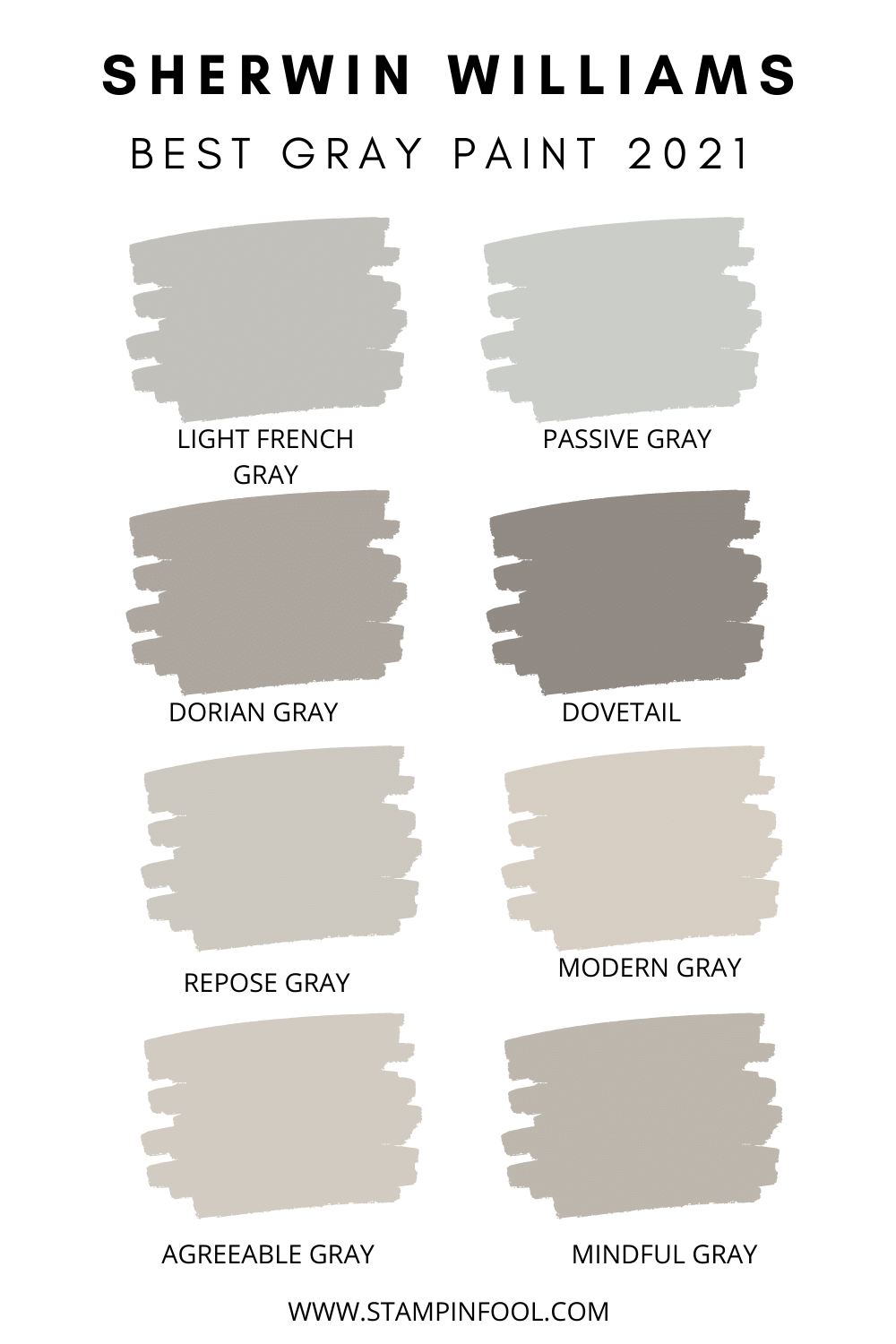Decoding the Matrix of Sherwin-Williams White Paint
White. The apparent absence of color. The canvas of possibility. But in the realm of interior design, white is anything but simple. It’s a complex ecosystem of subtle variations, undertones, and sheens. And when it comes to navigating this nuanced landscape, Sherwin-Williams reigns supreme, offering a vast spectrum of white paint colors that can transform any space.
Choosing the right white paint can feel like a high-stakes game. The wrong shade can cast a chilly pallor or a sickly yellow tinge. But the right one? It can elevate a room, creating an atmosphere of airy spaciousness, modern minimalism, or classic elegance. This is where understanding the subtle differences between Sherwin-Williams' top white paints becomes crucial.
Sherwin-Williams, a titan in the paint industry, boasts a heritage stretching back over 150 years. From its humble beginnings as a small paint and varnish company in Cleveland, Ohio, it has grown into a global powerhouse, renowned for its quality and innovation. Their extensive range of white paints reflects this commitment to excellence, offering a shade for every aesthetic and every lighting condition.
The primary issue with selecting the perfect white paint lies in the interplay of light and undertones. Natural light, artificial light, and even the surrounding décor can dramatically influence how a white appears on the wall. Understanding the undertones – the subtle hints of color within the white – is key. Warm whites with yellow or beige undertones create a cozy, inviting atmosphere, while cool whites with blue or gray undertones offer a crisper, more modern feel.
Among the most popular Sherwin-Williams white paint colors are Alabaster, a warm, creamy white; Pure White, a true, bright white with no discernible undertones; Snowbound, a versatile, slightly cool white; and Extra White, a clean, bright white often used for trim. Each of these possesses unique characteristics that make them suitable for specific applications.
Alabaster, for example, works beautifully in spaces with ample natural light, creating a warm and welcoming ambiance. Pure White, as its name suggests, offers a blank slate, ideal for modern or minimalist designs. Snowbound provides a subtle coolness, making it a popular choice for bedrooms and bathrooms. Extra White, with its crisp brightness, is perfect for trim and cabinetry, providing a sharp contrast against other colors.
Three key benefits of using top-rated Sherwin-Williams white paint colors are versatility, quality, and wide availability. Versatility allows you to create various moods and aesthetics. The high quality ensures long-lasting color and durability. And wide availability makes it easy to find the perfect shade and touch up when needed.
Advantages and Disadvantages of Popular Sherwin-Williams White Paints
| Paint | Advantages | Disadvantages |
|---|---|---|
| Alabaster | Warm and inviting, works well in various lighting conditions. | Can appear slightly yellow in north-facing rooms. |
| Pure White | True white, versatile for modern designs. | Can feel stark in rooms with limited natural light. |
Five best practices for selecting a Sherwin-Williams white paint include testing paint samples in your space, considering the lighting conditions, thinking about the surrounding décor, understanding undertones, and consulting with a color expert.
Five real-world examples of successful Sherwin-Williams white paint applications include a bright and airy living room painted in Alabaster, a minimalist kitchen featuring Pure White, a tranquil bedroom showcasing Snowbound, crisp white trim and doors in Extra White, and a home office painted in Greek Villa.
FAQ:
What is the most popular Sherwin-Williams white paint? (Alabaster is often cited as a favorite.)
What are the undertones of Alabaster? (Warm, creamy, slightly yellow/beige.)
Tips and Tricks: Always test paint samples in your actual space under different lighting conditions. Don’t rely solely on online swatches or paint chips.
In conclusion, navigating the world of white paint can be daunting, but with a little understanding and the right guidance, it can also be incredibly rewarding. Sherwin-Williams' extensive collection of white paints offers a spectrum of options for every style and space. By understanding the nuances of undertones, lighting, and application, you can harness the power of white to create a space that is both beautiful and functional. From the warm embrace of Alabaster to the crisp modernity of Pure White, the perfect shade awaits. Take the time to explore, experiment, and discover the transformative power of Sherwin-Williams white paint. Don't be afraid to consult with experts, test samples, and consider the unique characteristics of your space. With careful consideration and a bit of experimentation, you can unlock the potential of white to create a truly exceptional living environment.
Unlocking the power of your club car ds gas golf cart
John jeffrey morgan stanley a deep dive
Wriothesley rerun in genshin impact whens he coming back














